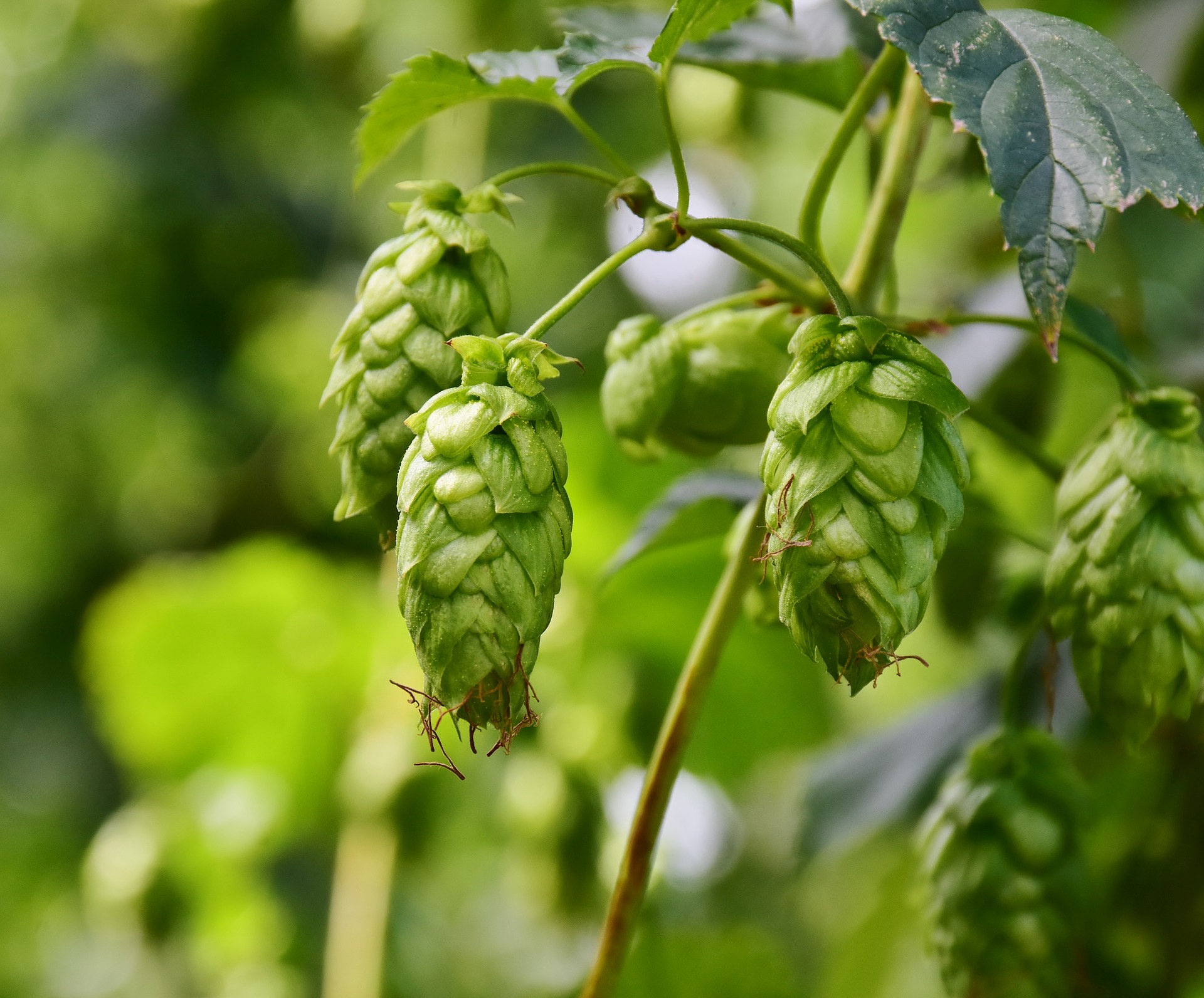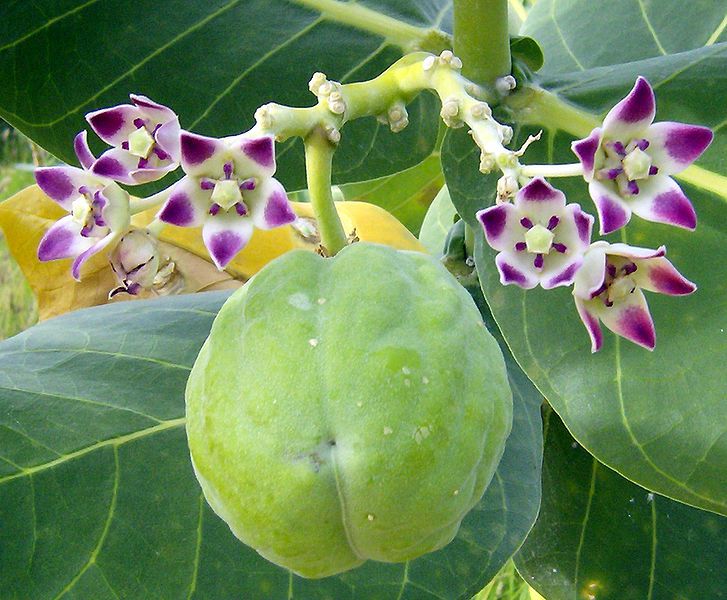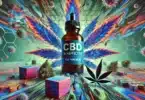In some of our cannabis-friendly and health-conscious states, cannabidiol products are being produced in a frenzy.
You can find CBD in everything these days. Foods, supplements, hemp flowers, vape liquids, and even legal CBD hash! While this is great news for pretty much everyone, one significant obstacle remains… CBD’s legal status. According to the DEA, cannabis and all of its compounds (including the non-psychoactive ones like CBD) are labeled as schedule one drugs, mean there is “currently no accepted medical value for the plant and it has a high potential for addiction and abuse.” This has led not only to confusion in the industry, but to a variety of very limiting regulations. This has left companies looking for loopholes wherever they can. One solution is producing CBD from hops…
The Loophole: CBD from hops
Yes, you read that right. CBD from hops, the plant that is most often used as a flavoring and stabilizing agent in beer. This discovery, which is still in its infancy, can be attributed to Bomi Joseph, who researched hops in the Silk Road region of northern India. According to Joseph, the hops plant – officially known as Humulus – is rich in CBD because the hops plant and cannabis plants in that region grow close to each other and cross pollinate.
After much research, Joseph as his team cross-bred a variety of hops plants until they created a strain that consistently had 18% CBD. Joseph works at Peak Health Holistic Medical Center in San Francisco, California, where he extracts humulus-derived CBD; he coined the name ImmunAG for his product. Since it’s not at all connected to the cannabis plant, it’s technically legal in the United States. Yes, CBD from hops is a real thing!
Many Are Still Skeptical
Jonathan Page, an adjunct professor at University of British Columbia’s Botany Department and owner of Anandia Labs, is unsure what to think about Joseph’s recent discovery. “It’s really puzzling to me,” he said. “As far as scientific literature goes, there has been no reported case of CBD being isolated from the hop plant. You could synthesize CBD in a lab, though that’s generally not economical. I just simply do not know of anything other than cannabis and hemp that have CBD in them.”
And he’s not the only one who feels this way. Kevin Chen, founder of Hyasynth Bio, a Montreal-based company that genetically produces yeast that mimics the effects of cannabis. “The short answer is no, aside from our strains of yeast and chemical synthesis, I have never heard of any plants that make cannabidiol naturally. The consensus in the community is similar, people are skeptical of it.”
And they are skeptical for a reason, earlier reports of Israeli scientists that have managed to produce CBD from Apple of Sodom, have turned to be a practical April’s fools day jokes, done by no other than this website…
Some studies are definitely in order, but it’s nice to know there are people thinking outside the box and trying to find solutions. If you have any personal experience with ImmunAG, we’d love to hear from you! Just drop a comment in the section below.








This is a total scam. I am skeptical that it is possible to “cross pollinate” Cannabis with Humulus in the first place, but I’ll play along for the sake of making a point here.
If you cross breed the Cannabis genus with the Humulus genus, and the plant that results produces cannabinoids (CBD), why would you not classify this new plant under the Cannabis genus instead of the Humulus genus? Especially considering that, to this point, CBD has only been shown to be produced by Cannabis sativa?
These scam artists are taking their dubious claims to the brink of scientific understanding as a way of confusing potential customers. I’m here to help make sure that doesn’t happen, so to be clear:
Cannabinoids (CBD, THC) are ONLY produced by Cannabis sativa, and no other plant. PERIOD.
Even according to their own story, their new “Humulus that produces CBD” was cross bred with Cannabis. So they can’t claim that the CBD was produced without the involvement of cannabis because cannabis WAS involved! (Assuming that there is any truth to this anyway).